People
Peter Kahn
Professor, Department of Psychology, School of Environmental and Forest Sciences
Peter H. Kahn, Jr. is Professor in the Department of Psychology and the School of Environmental and Forest Sciences, and Director of the Human Interaction with Nature and Technological Systems (HINTS) Laboratory at the University of Washington. He is also Editor-in-Chief of the academic journal Ecopsychology. His research seeks to address two world movements that are powerfully reshaping human existence: (1) The degradation if not destruction of large parts of the natural world, and (2) unprecedented technological development, both in terms of its computational sophistication and pervasiveness. He received his Ph.D. from the University of California, Berkeley. His publications have appeared in such journals as Science, Developmental Psychology, Human-Computer Interaction, Environmental Health Perspectives, Child Development, and Journal of Systems Software, as well as in such proceedings as CHI, HRI, and Ubicomp. His 5 books (all with MIT Press) include Technological Nature: Adaptation and the Future of Human Life (2011).
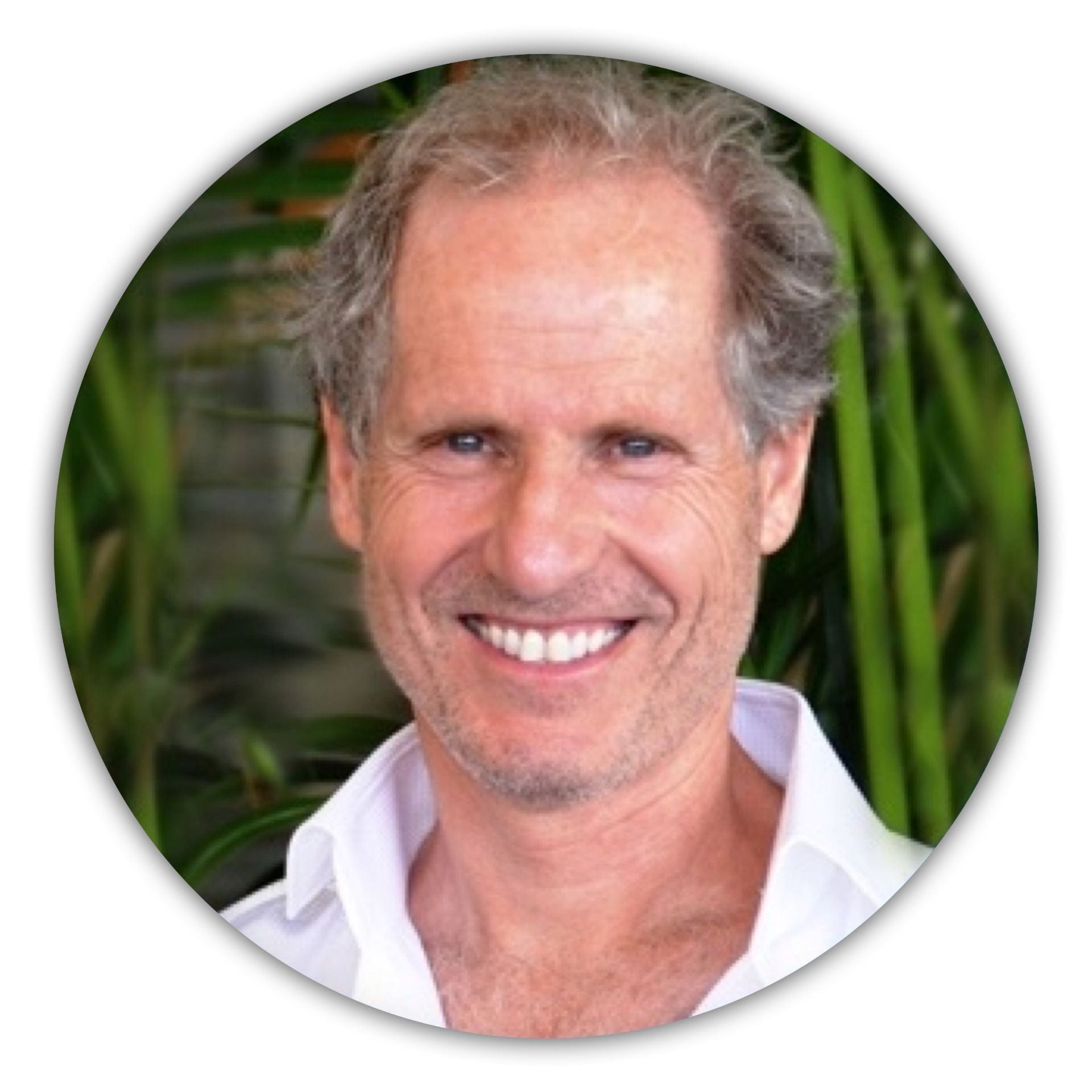

Carly Gray
Ph.D. Student, Department of Psychology

Chrystal Dunker
Ph.D. Student, Environmental Studies, Antioch University New England
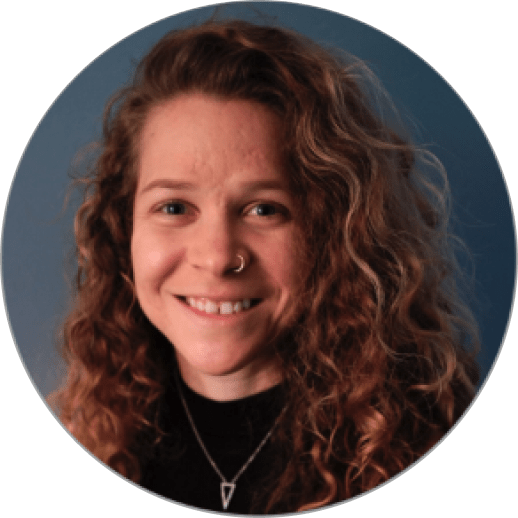
Thea Weiss
Ph.D. Student, Department of Psychology
Thea Weiss is currently a doctoral student in Developmental Psychology at the University of Washington. She received dual B.A.’s (2014) in Neuroscience and English Literature from the University of Southern California. She has done research in emotion and cognition as well as theory of mind, and has worked as both a certified personal trainer and as a Registered Behavior Technician assisting children with Autism. The questions now guiding her research center upon the precarious position humanity finds itself in as a result of our technological affordances and conveniences. She seeks to understand the human condition through two primary research trajectories: 1) The technological mediation of nature through Virtual and Augmented Reality, and 2) The human interaction with artificial agents embodied in robotic and virtual forms. As the human relationship to the physical and social world is progressively mediated through technology, an understanding of the developmental implications for such a paradigm shift in the lived experience of the human mind and body becomes increasingly necessary.

Edison (Yumeng) Qian
Masters Student, College of Education
Yumeng is a Master’s student in Learning Sciences & Human Development at the University of Washington. He received his B.S. in Psychology and B.A. in Education, Community, and Organization from the University of Washington. In his honors Psychology thesis, Yumeng found that with a Chinese group of high school students, experiencing virtual reality of bountiful nature (vs. a window view of urban meagre nature) improved attention and reduced psychological stress. Yumeng is also interested in culturally relevant pedagogy, and aims to help educators build culturally diverse and culturally safe environments for students. He believes that nature and culture are two closely connected essential elements of people’s lives, and perceives culture as the nature of human beings. Yumeng hopes his research can help people preserve natural environments and cultural diversity.
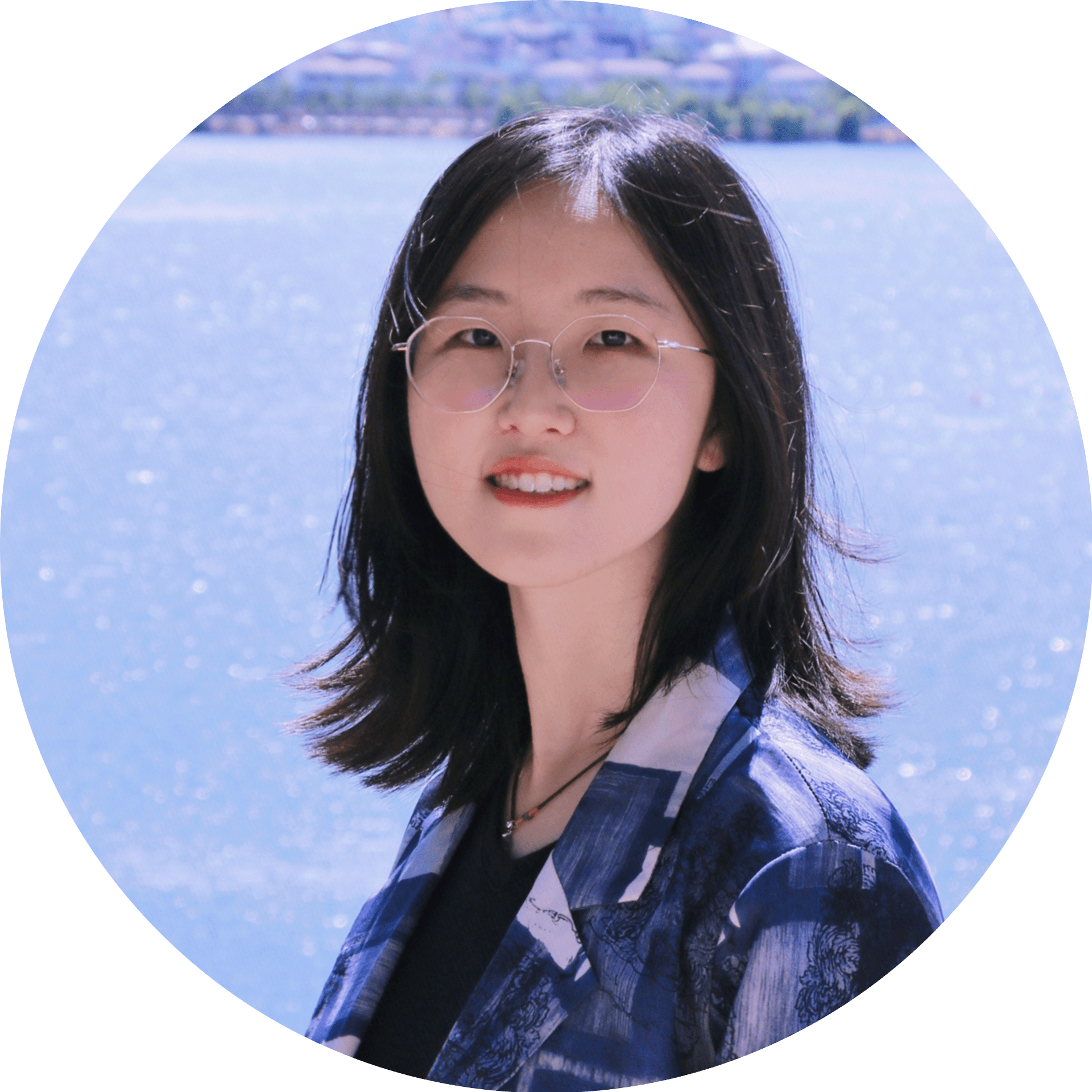
Yuqi Huang
Masters Student, UW Global Innovation Exchange
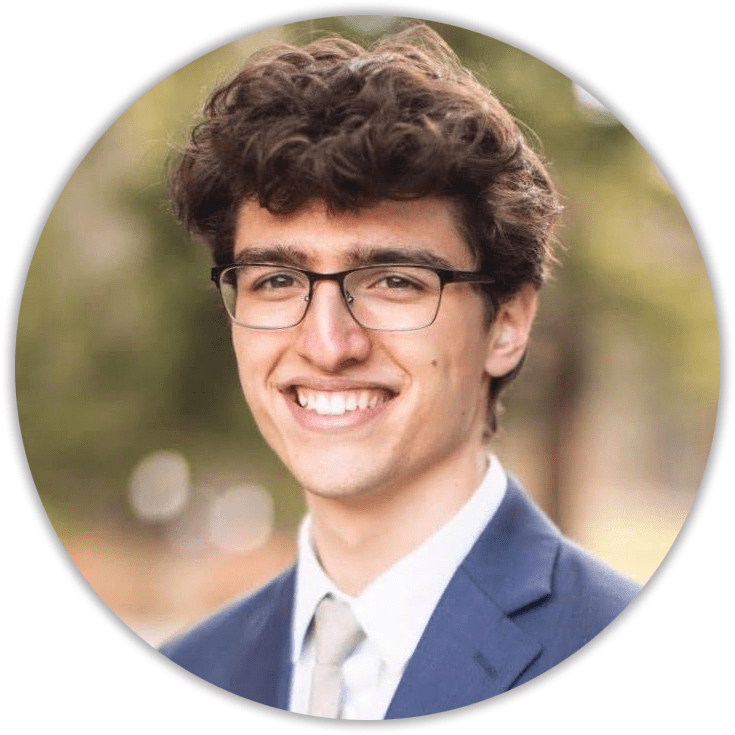
Drew Schoenfeld
Postbac, Department of Psychology, Department of Economics
Drew Schoenfeld graduated from the University of Washington with B.A. degrees in psychology and economics. His primary interest lies in the intersection of behavioral economics and environmentalism. As a research assistant in the HINTS lab, Drew hopes to explore questions around consciousness and ecopsychology, such as: “what role do natural environments or experiences of Presence play in human flourishing?” and from this question, “what are the resulting implications for how we organize society?” In his free time, Drew enjoys writing music, rock climbing, and spending time in nature.
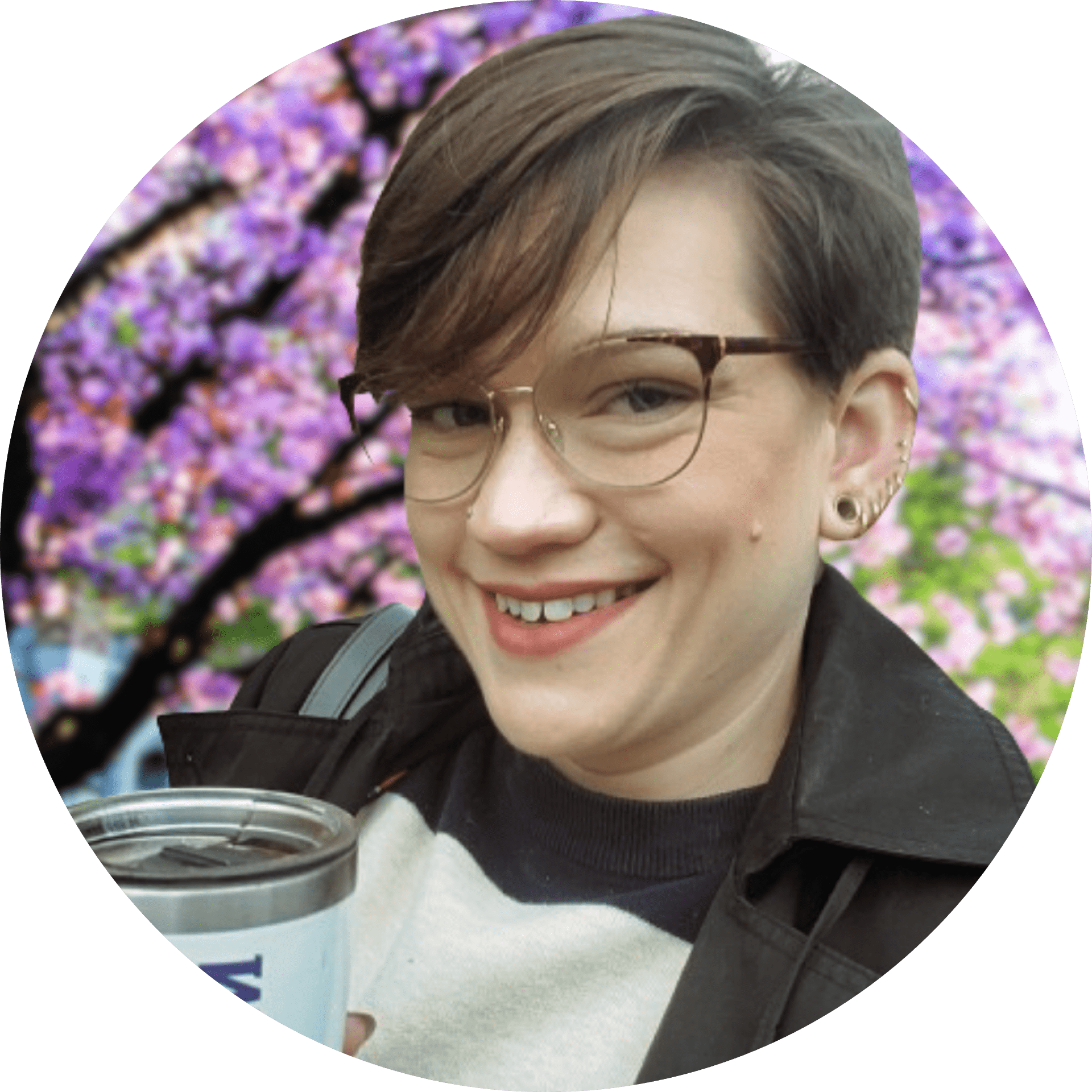
Miranda Cox
Undergraduate Student, Department of Psychology
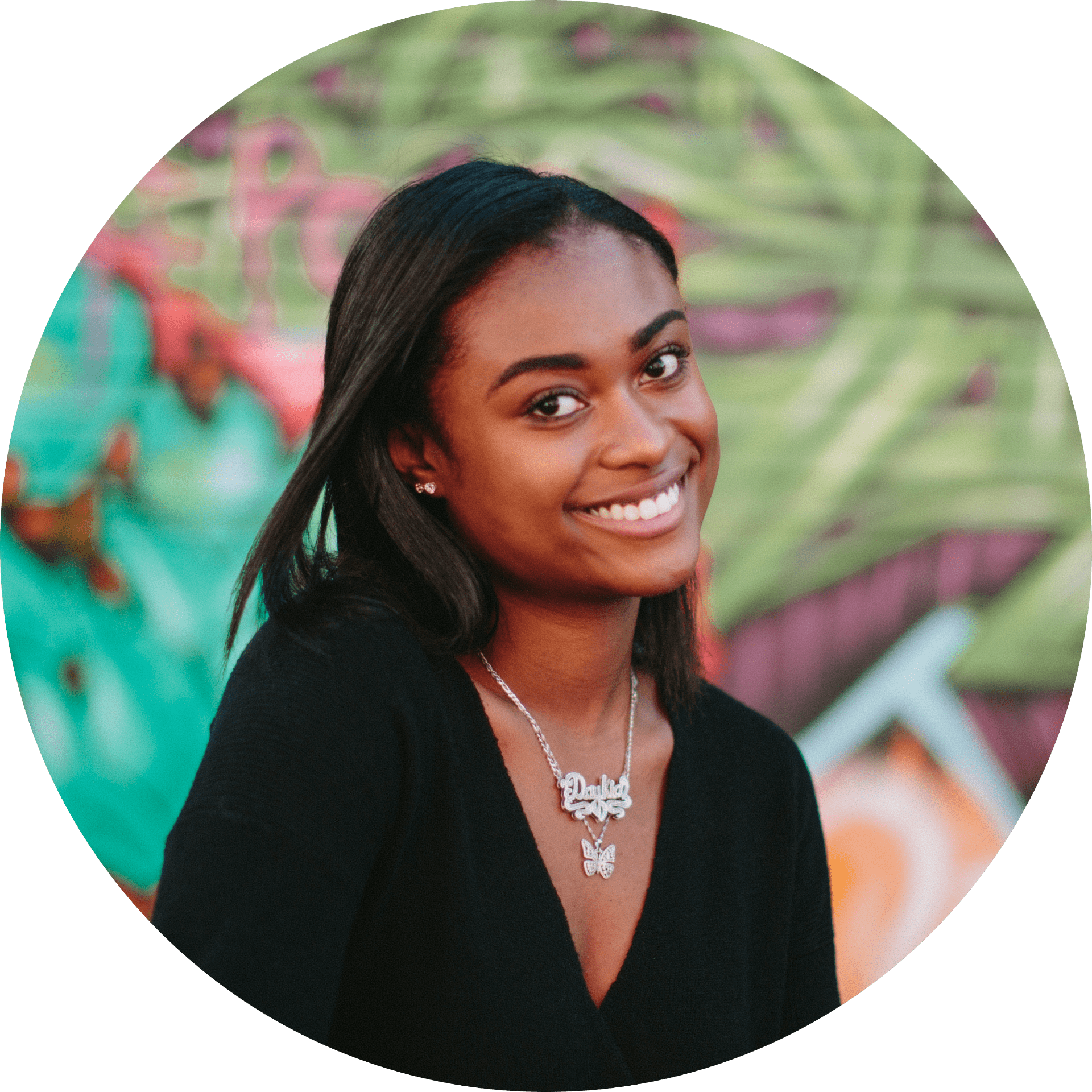
Daykia Knight
Undergraduate Student, School of Psychology
Daykia is an undergraduate student at the University of Washington pursuing her B.S. in psychology. Her research interests include college students’ racialized experiences and the promotion of mental health awareness for underrepresented students at large universities. As a McNair scholar and research assistant in the HINTS lab, Daykia is exploring the connections between nature and mental well-being and hopes to use her knowledge to promote healing for marginalized communities. Outside of lab, she enjoys sharing intentional conversations with her peers to understand and better appreciate the complexity of the human experience.
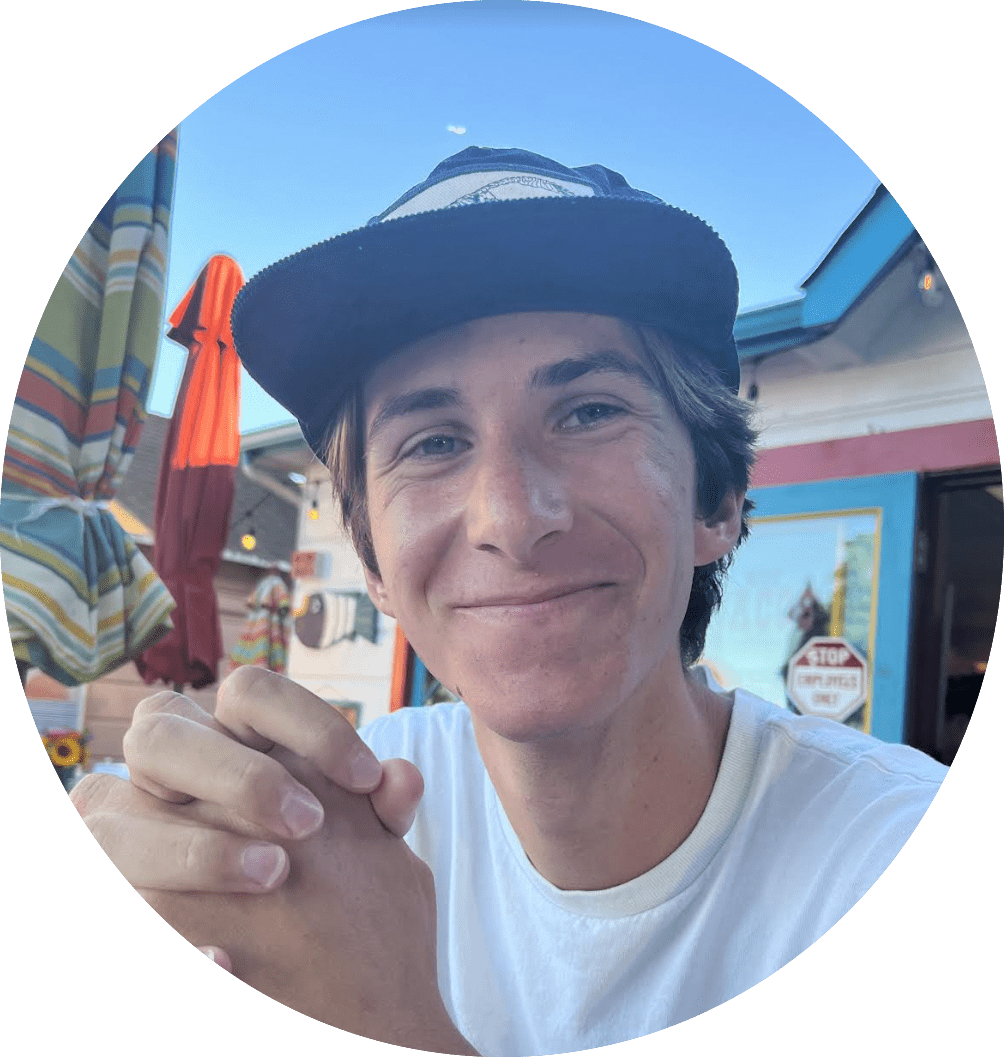
Tristan Regenold
Undergraduate Student, School of Psychology
Tristan is a second-year undergraduate student pursuing a B.A. in Psychology while exploring environmental studies and informatics. With a background as a swim instructor for young children, Tristan is passionate about working with kids and hopes to continue in this field. Growing up skiing and hiking, he experienced firsthand the psychological benefits of nature. While at the UW, he has grown interested in the intersection between the human mind and the environment. Joining the HINTS Lab, Tristan aims to deepen his understanding of nature’s impact on mental well-being and explore the psychological effects of interaction with nature technologies.
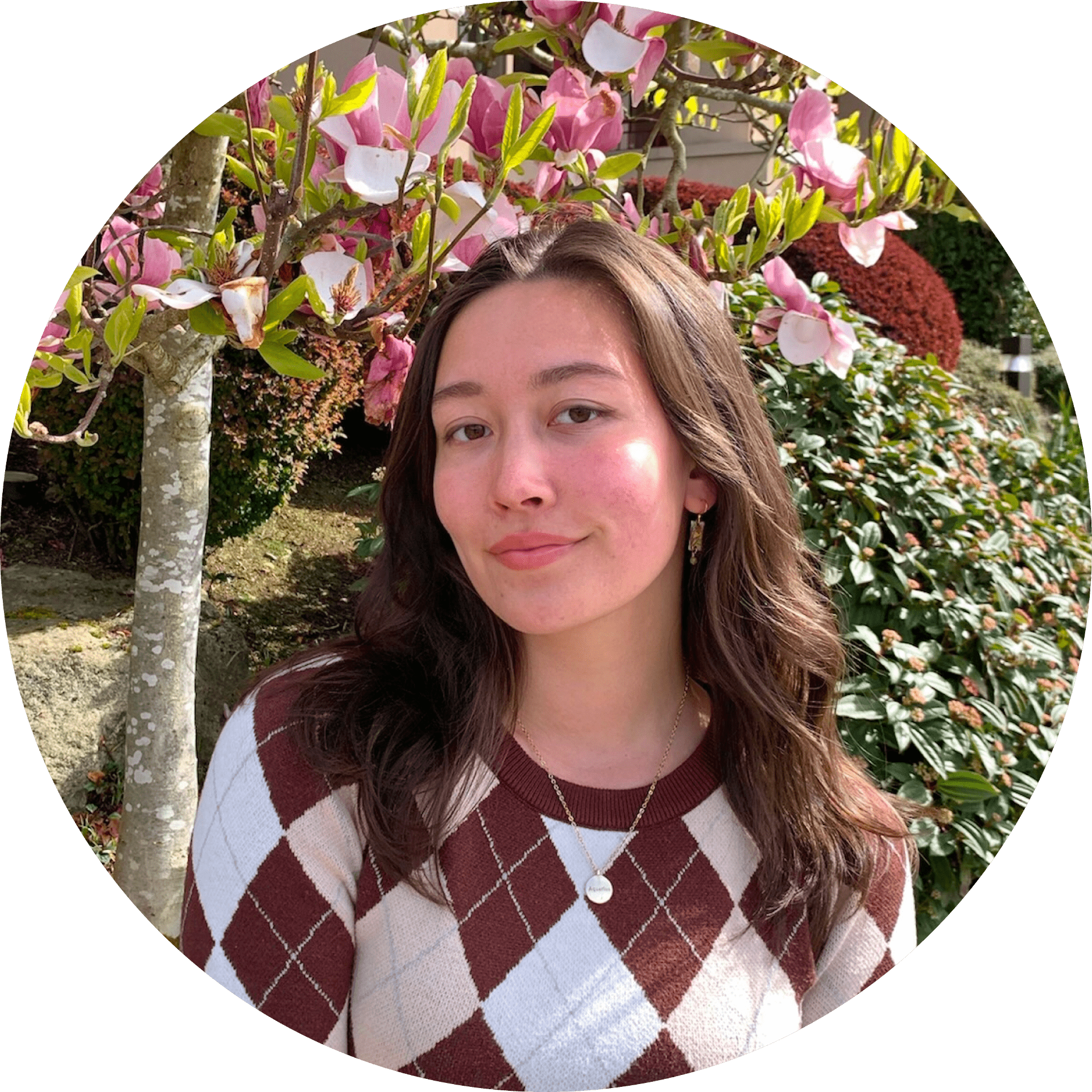
Gillian Sparks
Undergraduate Student, School of Psychology
Gillian is pursuing her B.A. in psychology and her minor in business at the University of Washington. Her interest in Presence and Interaction Pattern Theory is grounded in her experiences in nature, from an environmental camp at Islandwood, to visiting the diverse wildlife of Luangwa Valley in Zambia. She believes these opportunities to interact with more wild nature have played an important role in building her intrinsic care for the environment. In working with children as a swim instructor and Lego STEM teacher, Gillian has developed a passion for understanding how we learn from a young age and how we can be proactive about protecting psychological well-being. Gillian hopes to contribute to research that will emphasize the importance of fostering resilience from an early age and a deep sense of compassion for the natural world.

Trisha Thonupunoori
Undergraduate Student, School of Informatics

Cristina Villavicencio
Undergraduate Student, School of Informatics

Clarice Wang
Undergraduate Student, School of Psychology

Annabelle Wiley
Undergraduate Student, School of Psychology
Annabelle Wiley is a fourth-year undergraduate departmental honors student at the University of Washington, pursuing her B.A. in psychology and a minor in nutrition. Annabelle joined the HINTS lab because it was at the intersection of her two research interests: nature and technology. Through her research, she hopes to develop a deeper understanding of how spending time in nature and using smartphones impacts college students’ mental health. She hopes to use this knowledge as she works towards pursuing her goal of becoming an adolescent therapist. Outside of the lab, Annabelle enjoys hiking, making crafts, and caring for her houseplants.
